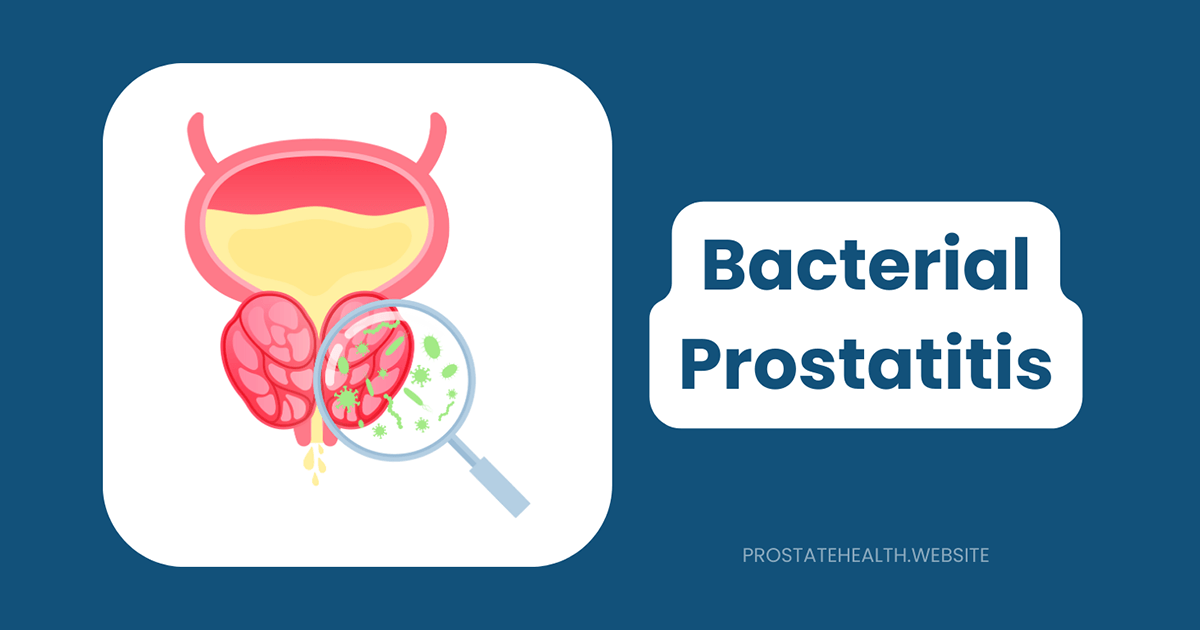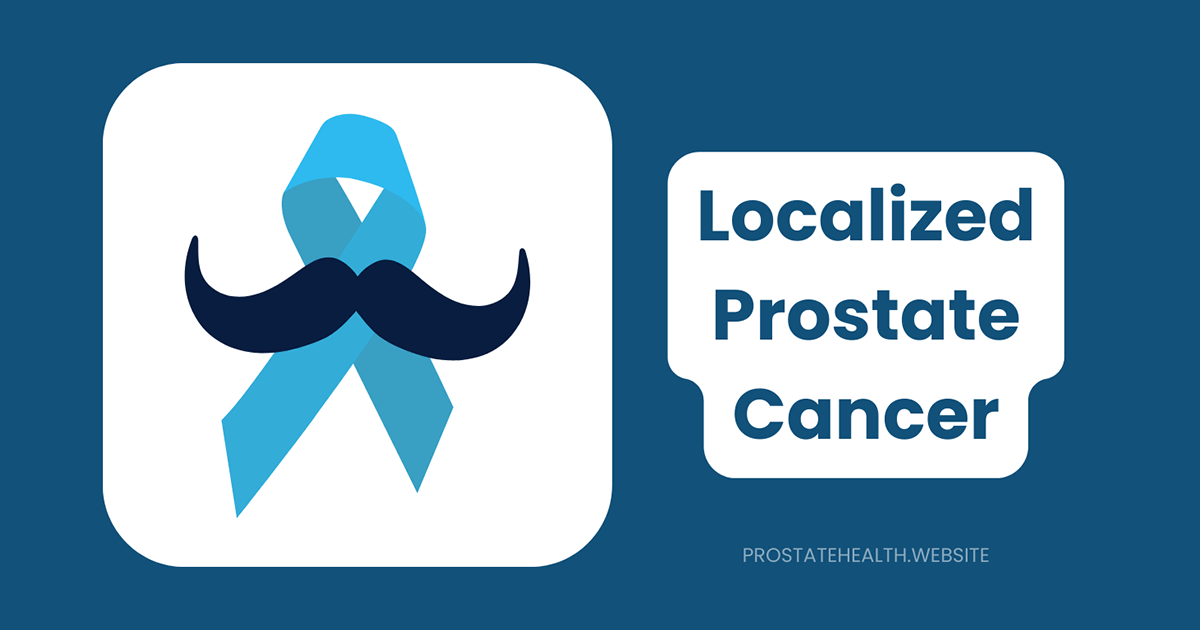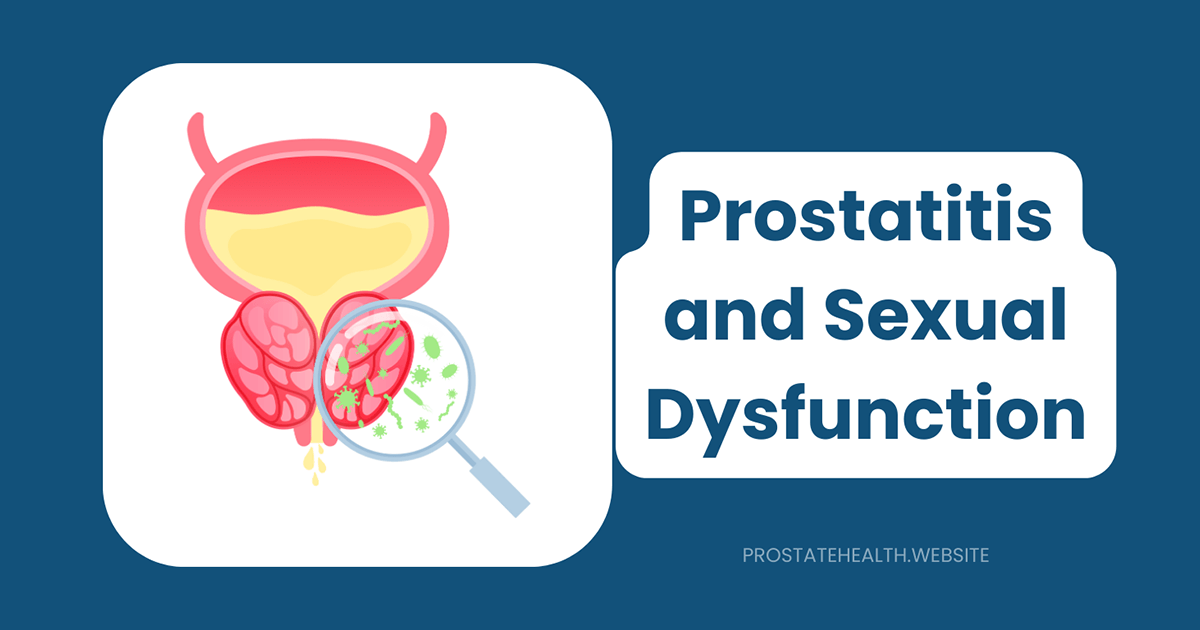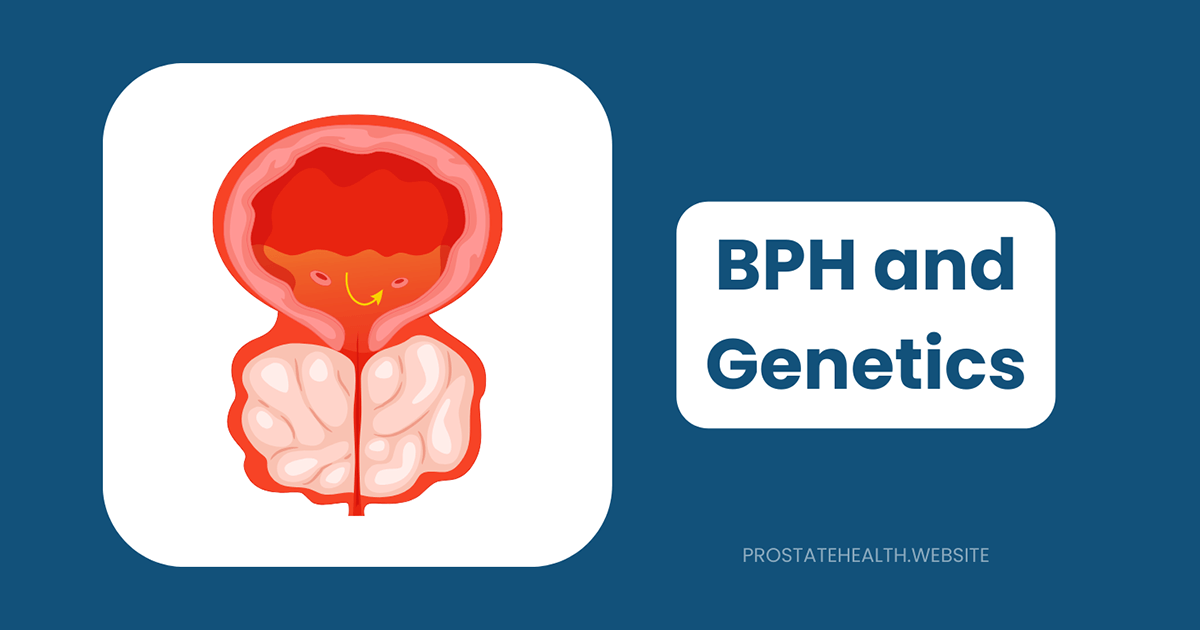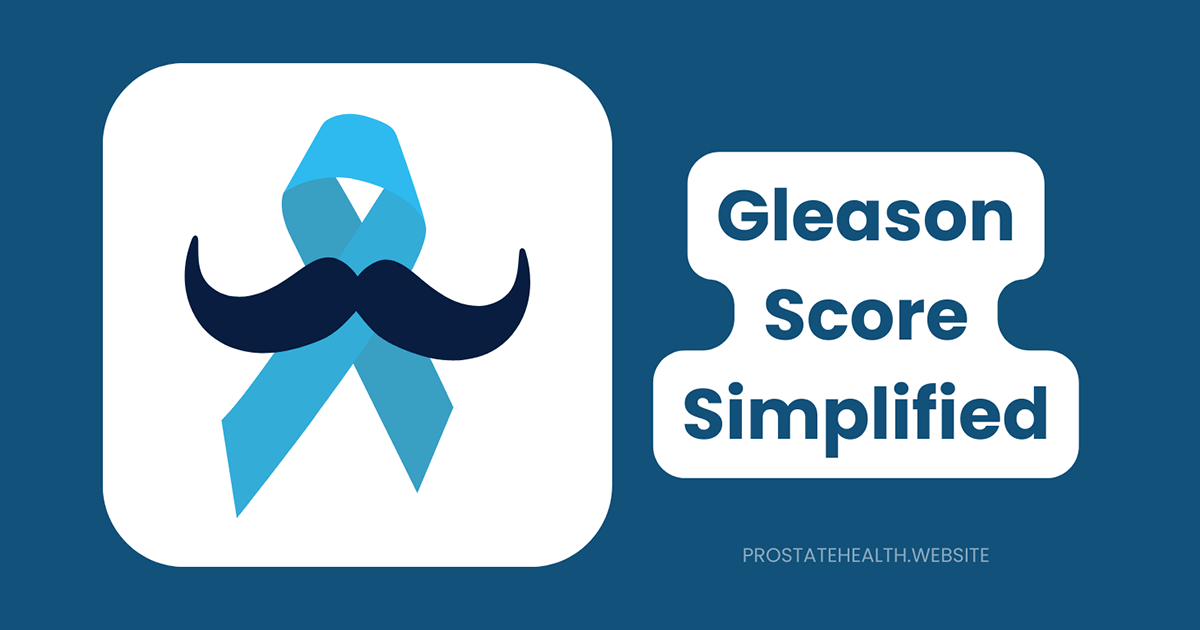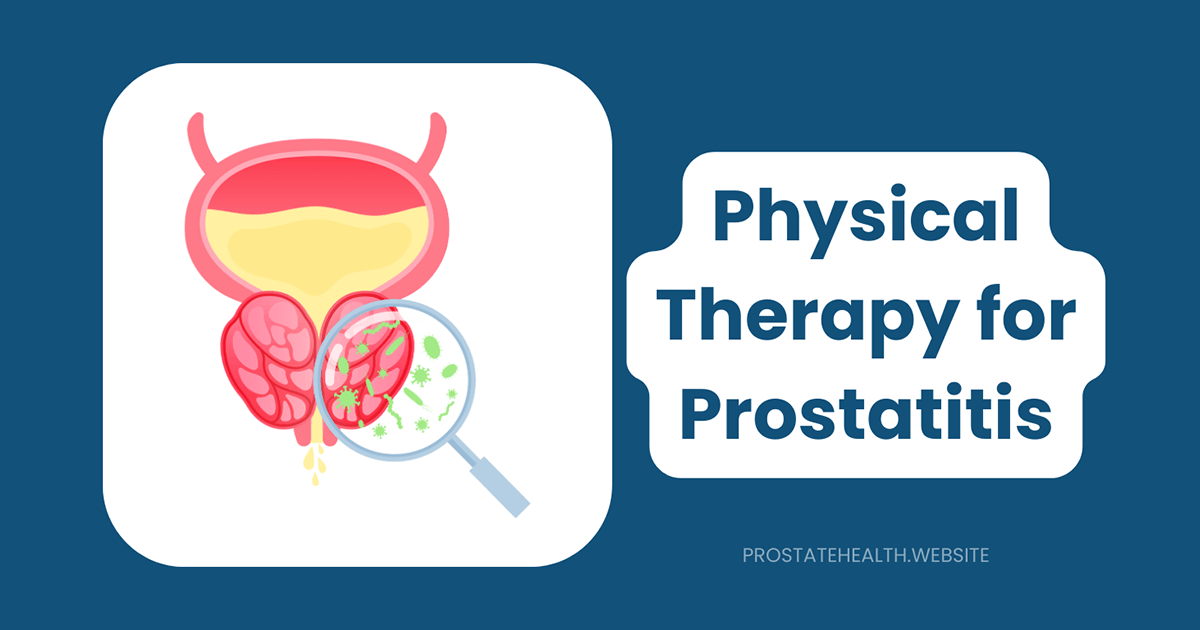Diet Modifications That May Help Manage Prostatitis Symptoms
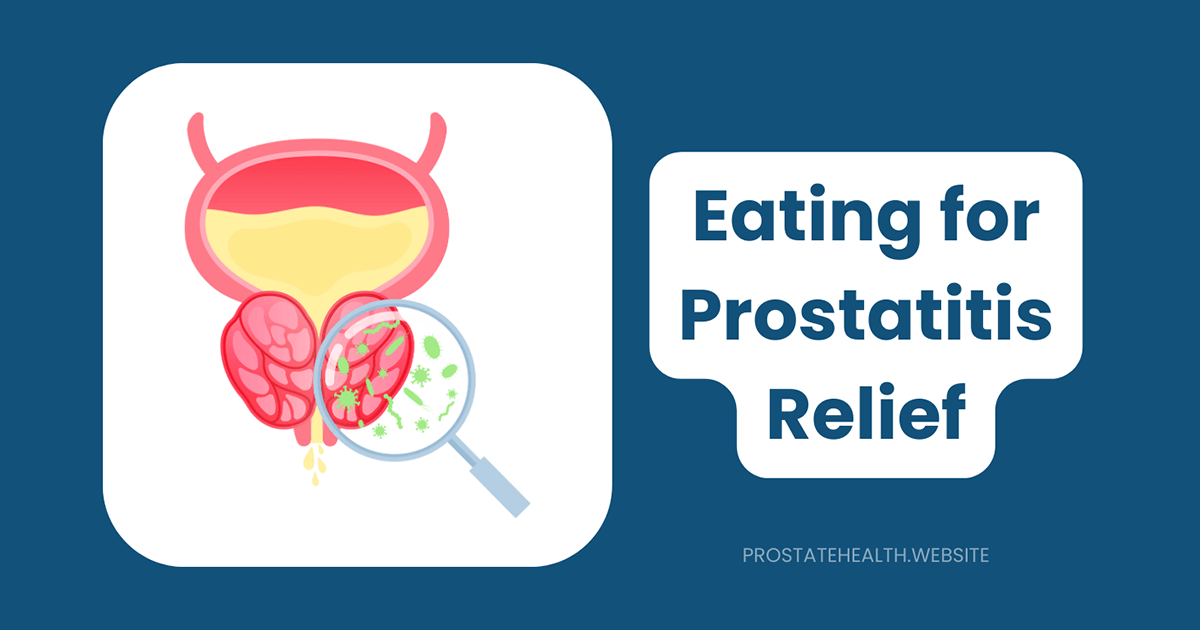
When prostatitis strikes, the pain, discomfort, and urinary symptoms can be debilitating. As someone who’s worked with countless men navigating this challenging condition, I’ve seen firsthand how dietary changes can make a significant difference in symptom management.
While medications and other treatments are often necessary, what you eat—and what you avoid—can play a powerful supporting role in your recovery and comfort. Today, I’m sharing evidence-based dietary modifications that may help you manage prostatitis symptoms more effectively.
Understanding Prostatitis: A Quick Overview
Before diving into dietary strategies, let’s briefly understand what we’re dealing with. Prostatitis refers to inflammation of the prostate gland, which can manifest in several forms:
- Acute bacterial prostatitis: A sudden bacterial infection with severe symptoms
- Chronic bacterial prostatitis: A recurring bacterial infection with milder but persistent symptoms
- Chronic prostatitis/chronic pelvic pain syndrome (CP/CPPS): The most common form, often without identifiable infection
- Asymptomatic inflammatory prostatitis: Inflammation without symptoms, usually discovered during other tests
CP/CPPS affects 10-15% of the U.S. male population and accounts for about 90% of all prostatitis cases. It’s also the form most likely to benefit from dietary modifications, though men with bacterial forms may also find relief through certain dietary changes.
How Diet Influences Prostatitis Symptoms
The connection between diet and prostatitis symptoms operates through several mechanisms:
1. Inflammation Regulation
What you eat can either fuel or fight inflammation throughout your body, including your prostate. Research published in the Journal of Urology suggests that pro-inflammatory diets may worsen prostatitis symptoms, while anti-inflammatory foods may help reduce them.
2. Bladder and Urinary Tract Irritation
Certain foods and beverages can irritate the bladder and urinary tract, potentially exacerbating the urinary symptoms associated with prostatitis. According to the National Institute of Diabetes and Digestive and Kidney Diseases, reducing these irritants may help manage symptoms.
3. Immune System Support
A balanced diet rich in essential nutrients supports optimal immune function, which may help your body fight infections more effectively—particularly important for bacterial forms of prostatitis.
4. Gut Microbiome Balance
Emerging research suggests connections between gut health and inflammation throughout the body. A healthy diet promotes a balanced gut microbiome, which may indirectly support prostate health.
Foods to Include: Building an Anti-Inflammatory Diet
Based on current research and clinical experience, these foods may help reduce inflammation and support prostate health:
Omega-3 Rich Foods
Foods high in omega-3 fatty acids have potent anti-inflammatory properties that may help reduce prostatitis symptoms.
Best sources include:
- Fatty fish (salmon, mackerel, sardines)
- Flaxseeds and flaxseed oil
- Walnuts
- Chia seeds
James, 42, shares his experience: “Adding salmon to my diet twice a week and taking a high-quality fish oil supplement daily has noticeably reduced my pelvic discomfort. It wasn’t an overnight change, but after about three weeks, I started feeling the difference.”
Colorful Fruits and Vegetables
Antioxidant-rich produce helps combat oxidative stress and inflammation.
Focus on:
- Berries (blueberries, strawberries, blackberries)
- Cherries
- Tomatoes (especially cooked, which increases lycopene availability)
- Leafy greens (spinach, kale)
- Cruciferous vegetables (broccoli, cauliflower, Brussels sprouts)
Research from the Harvard T.H. Chan School of Public Health suggests that men who consume more fruits and vegetables have lower rates of inflammatory conditions, including those affecting the prostate.
Zinc-Rich Foods
Zinc plays a crucial role in prostate health and immune function.
Good sources include:
- Pumpkin seeds
- Oysters
- Crab
- Lean beef
- Lentils
A study published in the Indian Journal of Urology found that zinc supplementation enhanced the effectiveness of antibiotics in men with chronic bacterial prostatitis.
Quercetin-Containing Foods
Quercetin is a flavonoid with anti-inflammatory and antioxidant properties that has shown promise in managing prostatitis symptoms.
Natural sources include:
- Apples (with skin)
- Red onions
- Citrus fruits
- Berries
- Green tea
- Dark cherries
Hydration: The Unsung Hero
While not a food per se, proper hydration deserves special mention. Drinking adequate water (typically 8-10 glasses daily) helps:
- Dilute urine, reducing irritation
- Flush bacteria from the urinary tract
- Support overall prostate health
Dr. Sarah Chen, urologist at University Medical Center, recommends: “For my patients with prostatitis, I suggest drinking enough water to keep urine pale yellow. However, I advise them to reduce fluid intake in the evening to minimize nighttime urination.”
Foods to Avoid: Potential Symptom Triggers
Just as some foods may help, others can potentially worsen prostatitis symptoms. A survey of 286 men with CP/CPPS found that 47.4% reported certain foods aggravated their symptoms. Here are the common culprits:
Spicy Foods
Capsaicin, the compound that gives chili peppers their heat, can irritate the urinary tract and potentially worsen prostatitis symptoms.
Common triggers include:
- Hot peppers
- Chili powder
- Hot sauce
- Curry dishes with high spice levels
Caffeine
Caffeine acts as a diuretic and bladder irritant, potentially exacerbating urinary symptoms.
Major sources to limit or avoid:
- Coffee
- Black tea
- Energy drinks
- Chocolate
- Some medications and supplements
Michael, 38, notes: “Cutting back from three cups of coffee to just one small cup in the morning made a dramatic difference in my urinary frequency and urgency. I switched to herbal teas for the rest of the day, and my symptoms improved within days.”
Alcohol
Alcohol can irritate the bladder, increase urine production, and potentially worsen inflammation.
All types may cause issues, but especially:
- Beer
- Wine
- Spirits, particularly in mixed drinks with other irritants
Acidic Foods
Highly acidic foods may irritate the urinary tract in sensitive individuals.
Common examples include:
- Citrus fruits and juices
- Tomatoes and tomato products
- Vinegar-based dressings and sauces
Artificial Sweeteners
Some men report that artificial sweeteners worsen their prostatitis symptoms.
Watch out for:
- Aspartame
- Saccharin
- Sucralose
Creating Your Personalized Prostatitis Diet Plan
Because individual responses to foods vary significantly, the most effective approach is to develop a personalized plan:
1. Start With an Elimination Phase
Consider eliminating the most common trigger foods (spicy foods, caffeine, alcohol, acidic foods) for 2-3 weeks.
2. Keep a Food and Symptom Journal
Track what you eat and drink alongside your symptoms. Note any patterns that emerge. A simple notebook works, or try a symptom-tracking app.
3. Reintroduce Foods Systematically
After the elimination phase, reintroduce one food category at a time, every 3-4 days, noting any symptom changes.
4. Consult With Healthcare Professionals
Work with your urologist and consider consulting a registered dietitian with experience in men’s health or inflammatory conditions.
Supplements That May Help Manage Prostatitis
While whole foods should form the foundation of your diet, certain supplements have shown promise for prostatitis symptom management:
Quercetin
Research published in Urology found that taking 500mg of quercetin twice daily for one month improved symptoms in 67% of men with chronic nonbacterial prostatitis.
Pollen Extract
Flower pollen extract, particularly from rye grass, has shown benefits in several studies. A clinical trial reported that 80% of men taking pollen extract for six months experienced significant symptom improvement.
Zinc
Zinc supplementation may enhance the effectiveness of antibiotics for bacterial prostatitis and support immune function. Typical dosages range from 15-30mg daily.
Omega-3 Supplements
Fish oil or algae-based omega-3 supplements can provide concentrated anti-inflammatory benefits, especially for those who don’t regularly consume fatty fish.
Important note: Always consult with your healthcare provider before starting any supplement regimen, as some may interact with medications or have side effects.
Beyond Diet: Complementary Approaches
While diet plays an important role, it works best as part of a comprehensive approach:
Stress Management
Stress can exacerbate prostatitis symptoms. Consider practices like:
- Meditation
- Deep breathing exercises
- Yoga
- Progressive muscle relaxation
Regular Physical Activity
Moderate exercise can reduce inflammation and improve symptoms. Walking, swimming, and stretching are particularly beneficial.
Pelvic Floor Physical Therapy
Working with a physical therapist specialized in pelvic floor dysfunction can provide significant relief for many men with CP/CPPS.
Real Men, Real Results: Success Stories
Throughout my years working with men with prostatitis, I’ve collected many stories about dietary changes that made a difference:
“After suffering for years with chronic prostatitis flare-ups, I worked with a nutritionist to develop an anti-inflammatory diet plan. Within two months, my pain decreased from a daily 7/10 to a manageable 3/10. The biggest difference came from eliminating alcohol and adding omega-3 rich foods daily.” – Robert, 45
“I was skeptical that diet could affect my prostatitis, but I was desperate for relief. Cutting out spicy foods and caffeine reduced my urinary frequency by about 50%. It wasn’t a complete cure, but combined with my medication, it made my symptoms much more manageable.” – Thomas, 39
“The food and symptom journal was a game-changer for me. I discovered that tomatoes and orange juice were major triggers for my symptoms—something I never would have connected without tracking. Eliminating those foods plus taking a quercetin supplement has kept me nearly symptom-free for over a year.” – Miguel, 51
When to Expect Results
Patience is key when implementing dietary changes for prostatitis. Here’s a typical timeline:
- 1-2 weeks: Initial improvements in urinary symptoms may begin
- 3-4 weeks: Inflammation reduction may become noticeable
- 2-3 months: Maximum benefits from dietary changes typically appear
- Ongoing: Continued adherence provides sustained relief
Dr. James Wilson, urologist, advises: “I tell my patients to commit to dietary changes for at least three months before evaluating their effectiveness. The body needs time to respond to reduced inflammation.”
Questions to Ask Your Healthcare Provider
At your next appointment, consider discussing:
- Are there specific foods I should avoid based on my type of prostatitis?
- Would food sensitivity testing be helpful in my case?
- Which supplements might be appropriate for my specific symptoms?
- How can I distinguish between food-related symptom changes and medication effects?
- Should I work with a dietitian as part of my treatment plan?
Conclusion: A Personalized Approach to Dietary Management
While diet alone rarely cures prostatitis, thoughtful dietary modifications can significantly reduce symptoms and improve quality of life. The key is personalization—identifying your specific triggers and beneficial foods through careful tracking and systematic experimentation.
Remember that dietary changes work best as part of a comprehensive treatment approach that may include medications, physical therapy, stress management, and other interventions. Work closely with your healthcare team to develop an integrated plan that addresses all aspects of your condition.
Have you found certain foods that help or worsen your prostatitis symptoms? Share your experience in the comments below—your insights might help another man find relief from this challenging condition.

